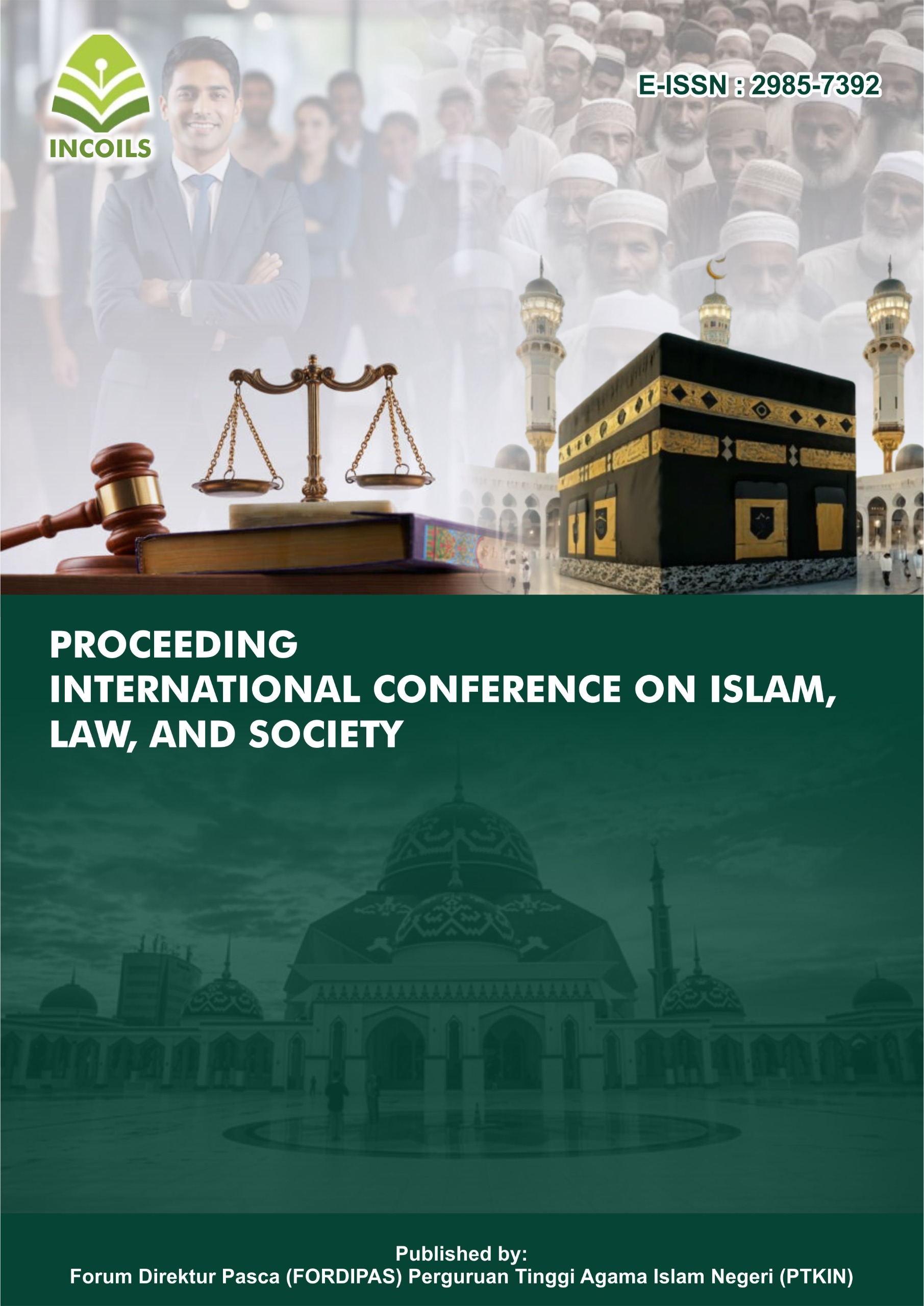SANDI RACANA WIJAYA PRAMUKA UNNES PERSPECTIVE ON EDUCATIONAL PHILOSOPHY AND CHARACTER BUILDING
DOI:
https://doi.org/10.70062/incoils.v3i1.192Keywords:
Scout, Educational Philosophy, Character BuildingAbstract
This study aims to analyze the character values contained in Sandi Wijaya Pramuka Unnes. This research uses a literature study method that uses articles, journals, and books. Character is a person's character, character, morals, or personality which is formed from the results of internalizing various virtues that are believed and used as a basis for perspective, thinking, behaving, and acting. The Scout Movement is a scouting organization that focuses on developing character, skills, and a love of nature and society. Sandi Wijaya Pramuka Racana Wijaya Unnes departs from the deepest reality of ethics, namely the obligation to behave properly. In addition, Sandi Wijaya also comes from noble values contained in society, traditions, religion, and national ideology. Sandi Wijaya is expected to be able to realize Racana Wijaya scout members who understand knowledge and practice the teachings contained in the norms of the scout movement in everyday life. The character values contained in Sandi Wijaya include 1) unyielding nature; 2) Confidence; 3) honest; 4) intelligent; 5) Patriotism; 6) creative; 7) having good morals; 8) Taqwa; 9) modest/humility; 10) Sensitive to the surrounding environment. .Character is a moral and mental quality whose formation is influenced by innate and environmental factors. The potential for good character a person has before birth must be continuously developed through socialization and education. Good or bad habits in students and the younger generation which indicate the quality of character are influenced by nurturing and nurturing factors. The process of socialization or education in the process of forming students' character lies in the role of parents (family), educational institutions, society and government.
References
Akhyak. “Inovasi Pendidikan Dalam Perspektif Filsafat Pendidikan Islam,” 2013. https://scholar.google.com/citations?view_op=view_citation&hl=id&user=8F2pia0AAAAJ&citation_for_view=8F2pia0AAAAJ:ufrVoPGSRksC.
Aryana, I. Made Putra. “Urgensi Pendidikan Karakter (Kajian Filsafat Pendidikan).” Kalangwan Jurnal Pendidikan Agama, Bahasa dan Sastra 11, no. 1 (1 Mei 2021): 1–10. https://doi.org/10.25078/klgw.v11i1.2372.
Djamaluddin, Ahdar. “Filsafat Pendidikan.” Istiqra` : Jurnal Pendidikan Dan Pemikiran Islam 1, no. 2 (2014). http://jurnal.umpar.ac.id/index.php/istiqra/article/view/208.
Firmansyah, Mursyidul Haq. “Kode Kehormatan Pramuka Perspektif Filsafat Moral Dan Sumbangsih Terhadap Pendidikan Karakter.” Moderasi: Jurnal Studi Ilmu Pengetahuan Sosial 2, no. 1 (6 September 2021): 46–57. https://doi.org/10.24239/moderasi.Vol2.Iss1.39.
Jalaluddin, H., dan H. Abdullah Idi. Filsafat pendidikan: manusia, filsafat, dan pendidikan. Jakarta: Divisi Buku Perguruan Tinggi, PT Rajagrafindo Persada, 2011.
Jenilan, Jenilan. “Filsafat Pendidikan.” El-Afkar: Jurnal Pemikiran Keislaman Dan Tafsir Hadis 7, no. 1 (7 Juni 2018): 69–74. https://doi.org/10.29300/jpkth.v7i1.1588.
Sokip, Sokip, Akhyak Akhyak, Soim Soim, Ahmad Tanzeh, dan Kojin Kojin. “Character building in islamic society: A case study of muslim families in Tulungagung, East Java, Indonesia.” Journal of Social Studies Education Research 10, no. 2 (2019): 224–42.
Teguh Wangsa Gandhi HW. Filsafat pendidikan: mazhab-mazhab filsafat pendidikan. Yogyakarta: Ar-Ruzz Media, 2011.
“UU_2010_12 tentang Gerakan Pramuka.” Diakses 15 Mei 2023. https://www.dpr.go.id/dokjdih/document/uu/UU_2010_12.pdf.
Wahyuni, Hesti Adi. “Peran Pendidikan Pramuka Dalam Pembentukan Karakter Bangsa Menuju Pembangunan Nasional.” LJESE: Linggau Journal of Elementary School Education 2, no. 1 (1 Maret 2022): 7–14.
Downloads
Published
How to Cite
Issue
Section
License

This work is licensed under a Creative Commons Attribution-ShareAlike 4.0 International License.







